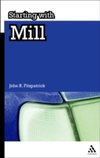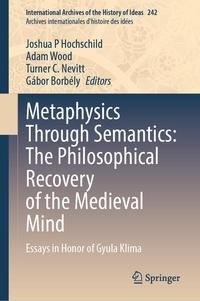
-
 Anglický jazyk
Anglický jazyk
Metaphysics Through Semantics: The Philosophical Recovery of the Medieval Mind
Autor: Joshua P. Hochschild
Joshua P. Hochschild studied at Yale (B.A. 1994) and the University of Notre Dame (Ph.D. 2001), and his primary research is in medieval logic, semantics, and metaphysics. He has published articles and reviews in International Philosophical Quarterly,... Viac o knihe
Na objednávku, dodanie 2-4 týždne
128.69 €
bežná cena: 142.99 €
O knihe
Joshua P. Hochschild studied at Yale (B.A. 1994) and the University of Notre Dame (Ph.D. 2001), and his primary research is in medieval logic, semantics, and metaphysics. He has published articles and reviews in International Philosophical Quarterly, Journal of the History of Philosophy, Medieval Philosophy and Theology, and The Thomist among other journals. He is the author of The Semantics of Analogy: Rereading Cajetan's De Nominum Analogia (University of Notre Dame Press, 2010), and translator of Claude Panaccio's Mental Language: From Plato to Ockham (Fordham University Press, 2017). He is one of the founding members and former secretary of the Society for Medieval Logic and Metaphysics, and for 2020-2021 was President of the American Catholic Philosophical Association.
Turner C. Nevitt is a graduate of the University of St. Thomas, TX (BA) and Fordham University (MA, MPhil, PhD). He specializes in medieval philosophy, metaphysics, and philosophy of religion. His work has appeared in such journals as The Thomist, History of Philosophy Quarterly, and American Catholic Philosophical Quarterly. He is the translator, with Brian Davies, OP, of Thomas Aquinas's Quodlibetal Questions (Oxford University Press, 2020).
Adam Wood studied philosophy and ancient languages at Wheaton College, Illinois (B.A. 2004) and wrote a dissertation on Aquinas's philosophical psychology with Gyula Klima at Fordham University (Ph.D. 2012). He is now associate professor and chair of Wheaton's philosophy department, and the dissertation developed into a book: Thomas Aquinas on the Immateriality of the Human Intellect (Catholic University of America Press, 2020). In addition to medieval metaphysics and philosophy of mind, he works on philosophical theology and philosophy of religion, with articles on the resurrection and the problem of hell in Oxford Studies in Medieval Philosophy, European Journal for the Philosophy of Religion, Res Philosophica and elsewhere.
Gábor Borbély (Ph.D. 1994), Eötvös Loránd University (ELTE), Budapest. Before taking up his position at ELTE in 2008, he had done research at the University of Innsbruck (1991), he had been an Andrew W. Mellon Research Fellow at The Warburg Institute, London (1998), and had taught philosophy in several universities in Hungary. Later during his tenure at ELTE he taught at Tel Aviv University (2017). He was the director of the Office for Higher Education Programmes, Ministry of Education, Hungary (1997-2003), the head of Department for Higher Education Programmes and Scientific Affairs at the Ministry of Education, Hungary (2003-2005), and the director of the Institute for Philosophy at the Hungarian Academy of Sciences (2005-2008). His publications, besides scholarly papers, include a Hungarian translation and commentary on Aquinas's De unitate intellectus (On the Unity of Intellect. Introduction, Translation and Commentaries. Ikon Klett-Cotta, Budapest, 1993) and an introduction to medieval philosophy (Civakodó angyalok / Quarrelling Angels. Introduction to Medieval Philosophy, Akadémiai Kiadó, Budapest, 2008).
- Vydavateľstvo: Springer International Publishing
- Rok vydania: 2023
- Formát: Hardback
- Rozmer: 241 x 160 mm
- Jazyk: Anglický jazyk
- ISBN: 9783031150258



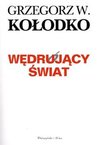



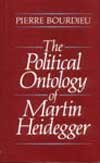
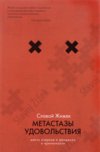
 Ruský jazyk
Ruský jazyk 

